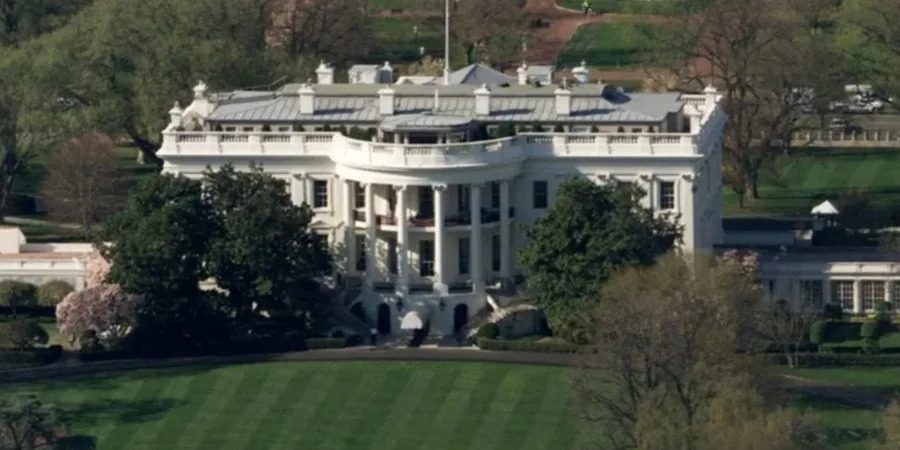
The Biden Administration has affirmed its support for a bill that would allow for the confiscation of some of the $300 billion of frozen Russian assets for reconstructing Ukraine, Bloomberg reported on Jan. 10.
The White House hopes that this move will garner support in Congress, where Republicans have blocked more than $60 billion of funding for Ukraine, citing concerns that the U.S. is carrying "too much of a financial burden" and that Ukraine's counteroffensive has become a "stalemate."
The asset confiscation bill already has bipartisan backing, including fourteen Senators and sixty-two House Representatives from both parties, according to Bloomberg.
The Republican Speaker of the House, Mike Johnson, endorsed the idea, calling it "an incredibly responsible thing to do."
The National Security Council has welcomed asset seizure as one of the means by which the United States can force Russia to pay for the damage caused by its barbaric war, according to a senior Administration official.
The World Bank estimates the cost of Ukraine’s recovery at about $411 billion dollars.
The Biden Administration also seeks to coordinate the confiscation of Russian money with its allies in the G7, where support for seizing $200 billion in frozen Russian assets been weak.
"Together with our G7 partners we are exploring all legal options to help Ukraine get compensation from Russia," said the Department of State in a statement.
Russian asset confiscation will be discussed at an upcoming meeting of G7 leaders scheduled for February 24, 2024, according to the British newspaper the Financial Times.
Nevertheless, critics worry that the asset seizure could result weaken support from countries like India, Brazil, and South Africa that do not strongly support Ukraine, as well as impose further strains on relations with China.


